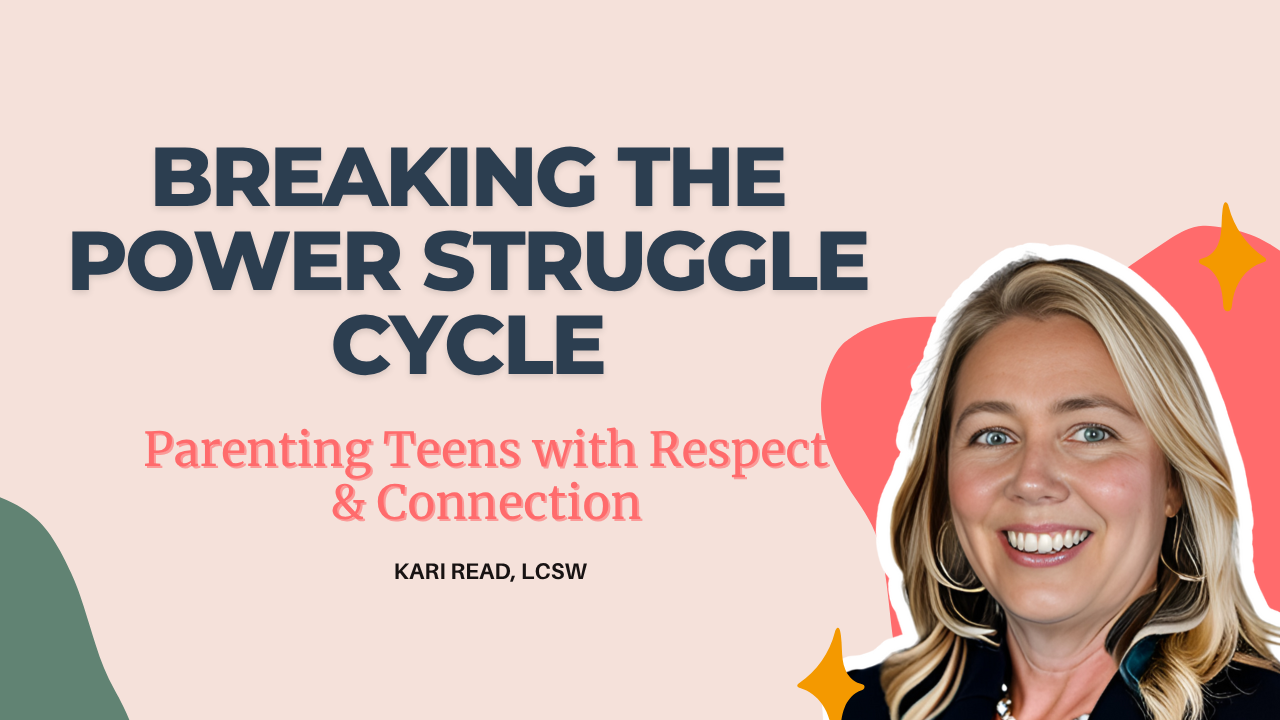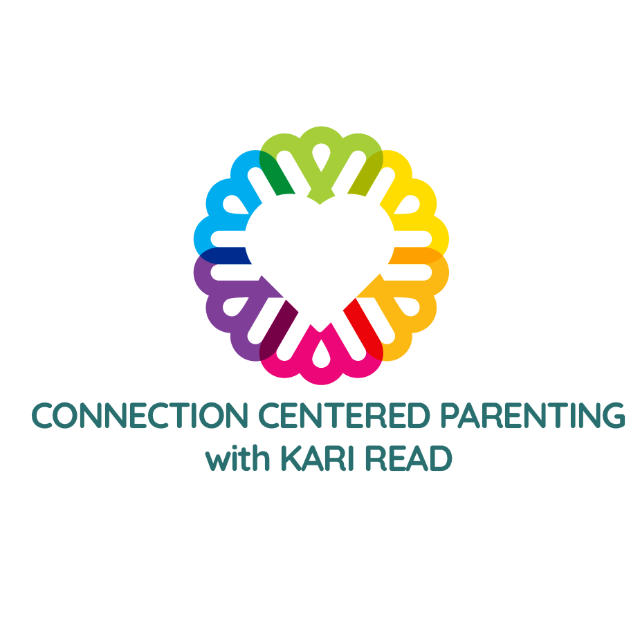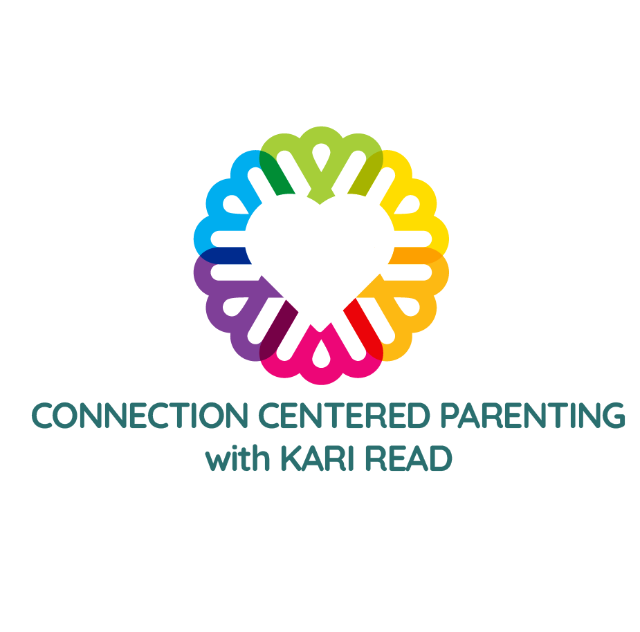Breaking the Power Struggle Cycle: Parenting Teens with Respect & Connection
May 14, 2025
If you’ve ever argued with your teen over curfews, screen time, or chores, you’re not alone. Power struggles are a common part of parenting, but they can damage communication and trust if they become a pattern. The good news? With the right approach, you can break free from the cycle of control and conflict—and build a more cooperative relationship with your teen.
Why Do Power Struggles Happen?
Teenagers crave independence and control. As their brains develop, they test boundaries and push for autonomy. Research from the National Institutes of Mental Health shows that the prefrontal cortex (responsible for decision-making and emotional regulation) is still developing, while the amygdala (the emotional center) is highly active. This means teens are wired to challenge limits—not to be difficult, but because they are learning how to make decisions.
Why Power Struggles Are Harmful
When parents and teens engage in constant battles, it leads to:
Frustration and resentment
Less open communication
A weakened parent-teen relationship
Instead of fostering respect and problem-solving skills, power struggles can make teens more defiant or withdrawn. Research from Child Development shows that teens who feel their parents value their input develop better emotional regulation and communication skills.
5 Strategies to Break Power Struggles
Shift Your Mindset: Guide, Don’t Control
Instead of seeing your teen as someone to control, think of them as someone you guide. When teens feel like partners in decision-making, they develop stronger problem-solving skills and become more receptive to boundaries.
Offer Choices, Not Ultimatums
Teens want autonomy. Instead of demanding compliance, give them structured choices:
“Would you rather do your homework before or after dinner?”
“You can have 30 minutes of screen time, or earn 60 minutes after chores.”
This empowers teens while maintaining healthy limits.
Use Calm, Assertive Communication
Instead of raising your voice or becoming defensive, stay calm and clear. Studies show that teens respond better to parents who communicate calmly—even during conflict. Your tone sets the stage for respectful conversations.
Take an Effective Break
If a conflict is escalating, pause the conversation. Saying:
💬 “Let’s take a 15-minute break and come back to this.”
allows both you and your teen to regulate emotions. The key? Follow up—don’t leave the issue unresolved.
Set Clear Expectations & Consequences
Instead of punishments, focus on natural consequences.
Didn’t do homework? Less time for fun later.
Missed curfew? Less trust for next time.
Natural consequences teach responsibility without damaging the relationship.
Why This Approach Works
By shifting from conflict to collaboration, you:
Strengthen trust and respect
Encourage better decision-making
Foster healthy independence
When you prioritize connection over control, you help your teen navigate challenges with confidence—and strengthen your relationship for the long term.

